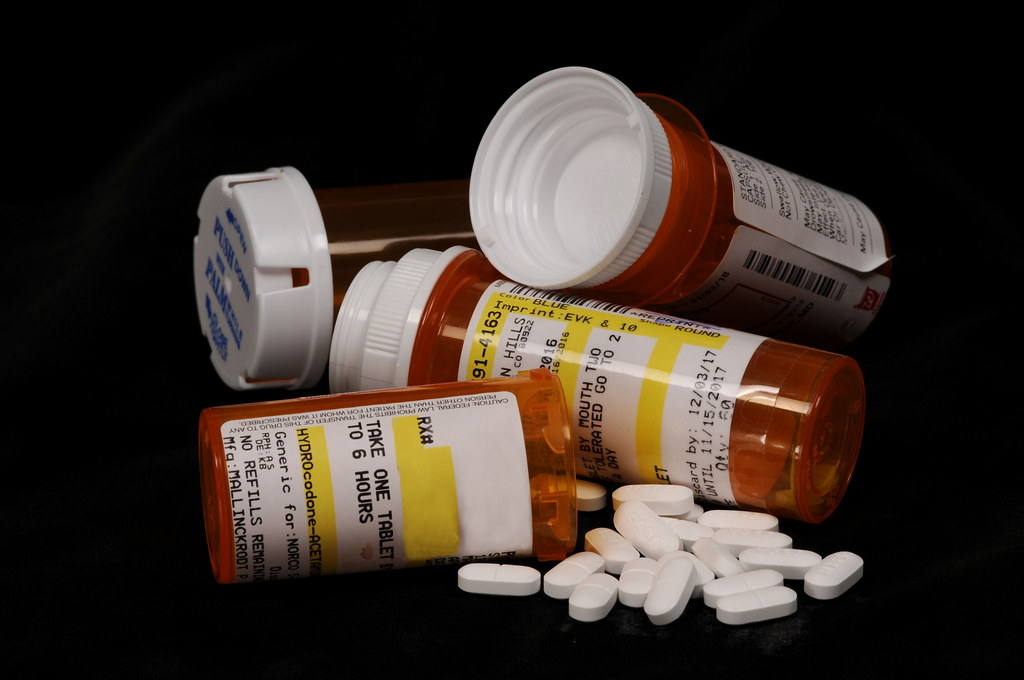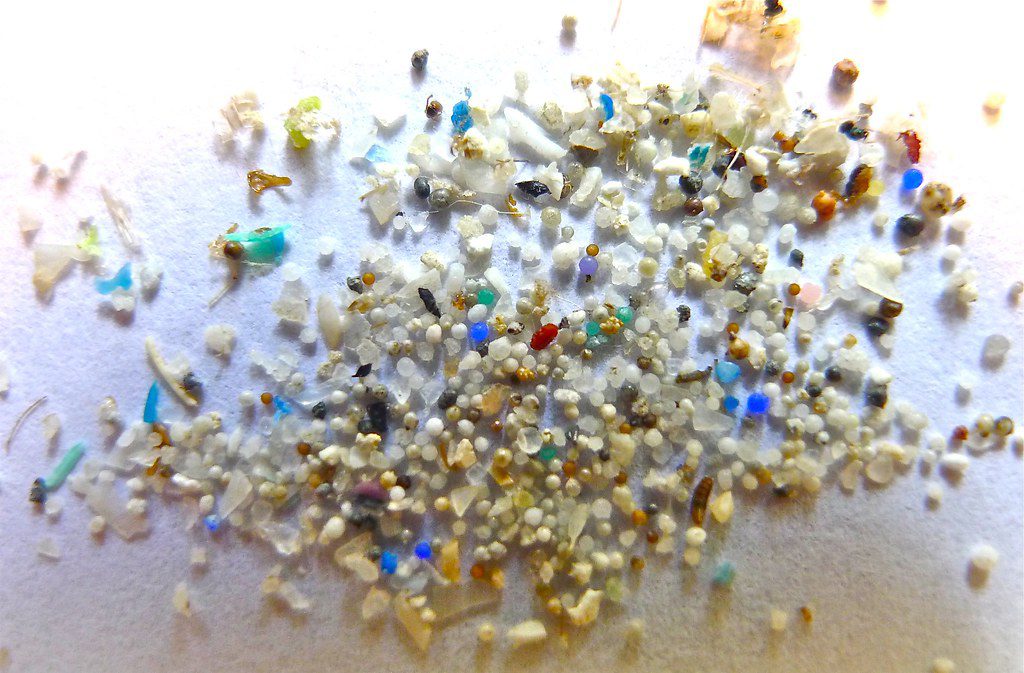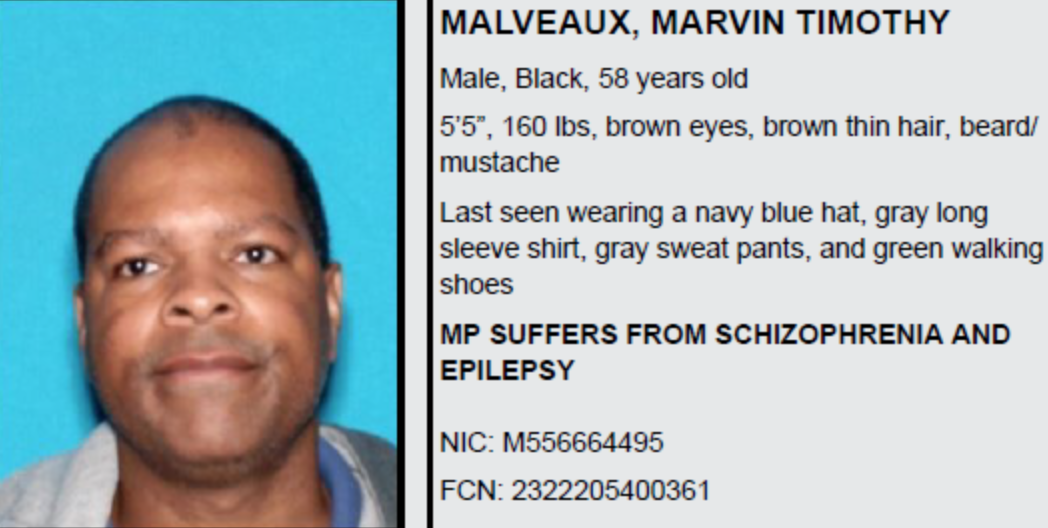Los Angeles expects to receive tens of millions of dollars from a $26 billion settlement announced Friday with Johnson & Johnson and three pharmaceutical distributors over claims they helped fuel the opioid crisis.
The settlement — which involves the pharmaceutical distributors Cardinal, McKesson and AmerisourceBergen — needs to be approved by the court, but California Attorney General Rob Bonta said it could begin providing funds to California and its cities and counties in the second quarter of 2022.
California is slated to receive $2.05 billion to help fight the opioid crisis, and 85% of the funds will go to the state’s local communities to support treatment, recovery, harm reduction and other strategies to address opioid addiction, according to Bonta’s office.
Los Angeles City Attorney Mike Feuer said the city expects tens of millions of dollars from the settlement.
“My goal is that the tens of millions of dollars we expect from this settlement for our city will target the intersection between substance abuse disorder and homelessness,” said Feuer.
“We sued because no corporation, no matter how powerful, should be allowed to get away with putting profits over people’s lives. Though no amount of money can ever replace the lives lost and families shattered by opioid addiction in Los Angeles, this substantial settlement will help prevent future devastation.”
The settlement’s negotiations were led by Bonta, along with the attorneys general of North Carolina, Tennessee, Colorado, Connecticut, Delaware, Florida, Georgia, Louisiana, Massachusetts, New York, Ohio, Pennsylvania, and Texas.
The settlement is the second-largest multistate agreement in U.S. history, after the Tobacco Master Settlement Agreement.
Along with the $26 billion settlement, the distributors Cardinal, McKesson, and AmerisourceBergen agreed to:
— establish a clearinghouse to provide state regulators and other distributors with data and analytics about where drugs are going and how often, which officials say will eliminate blind spots in the current systems used by distributors;
— use data-driven systems to detect suspicious opioid orders from customer pharmacies;
— report companies that show signs of diversion to state regulators and stop customer pharmacies’ ability to receive shipments;
— prohibit shipping of and report suspicious opioid orders;
— prohibit sales staff from influencing decisions related to identifying suspicious opioid orders; and
— require senior corporate officials to engage in regular oversight of anti-diversion efforts.
The settlement also requires that Johnson & Johnson:
— stop selling opioids;
— not fund or provide grants to entities to promote opioids;
— not lobby on activities related to opioids; and
— share clinical trial data under the Yale University Open Data Access Project.







